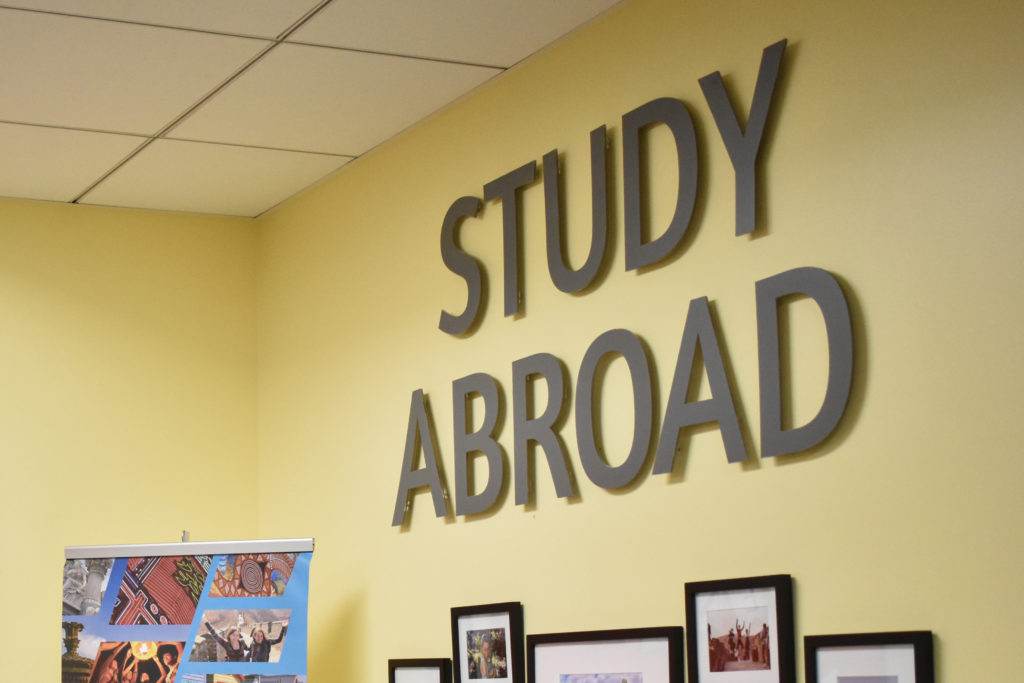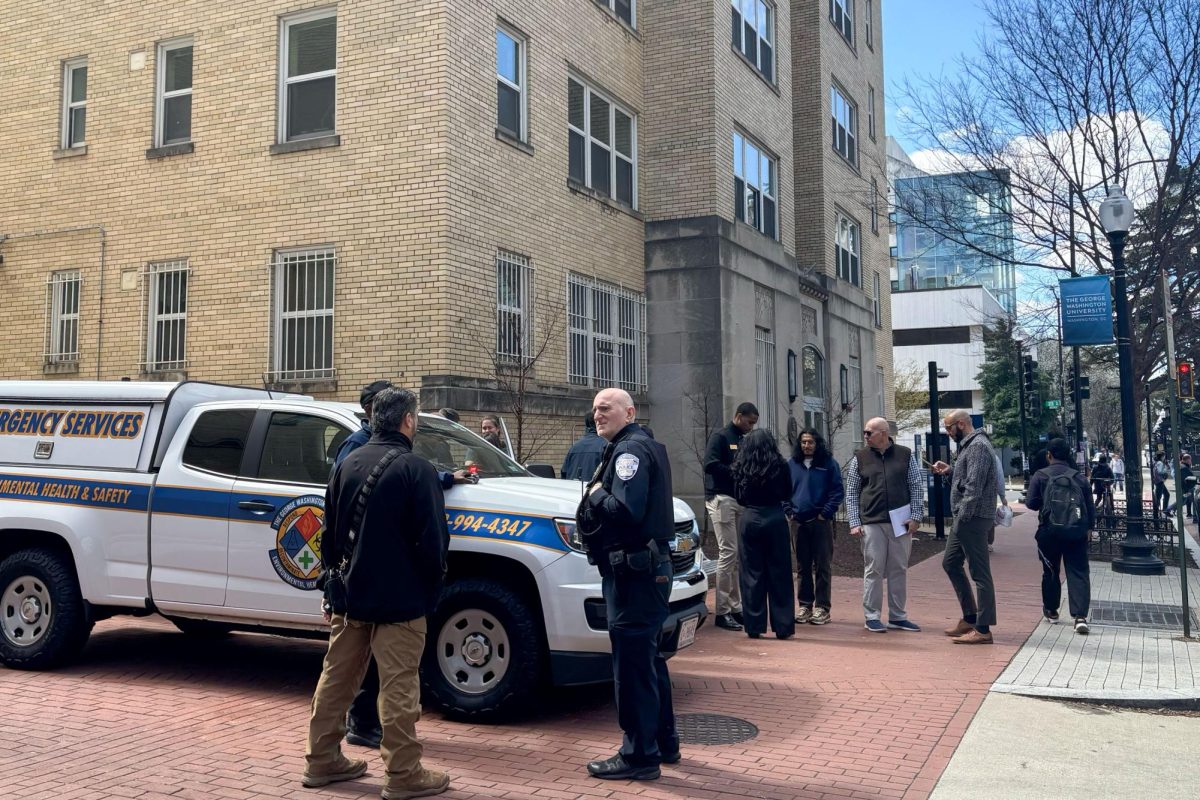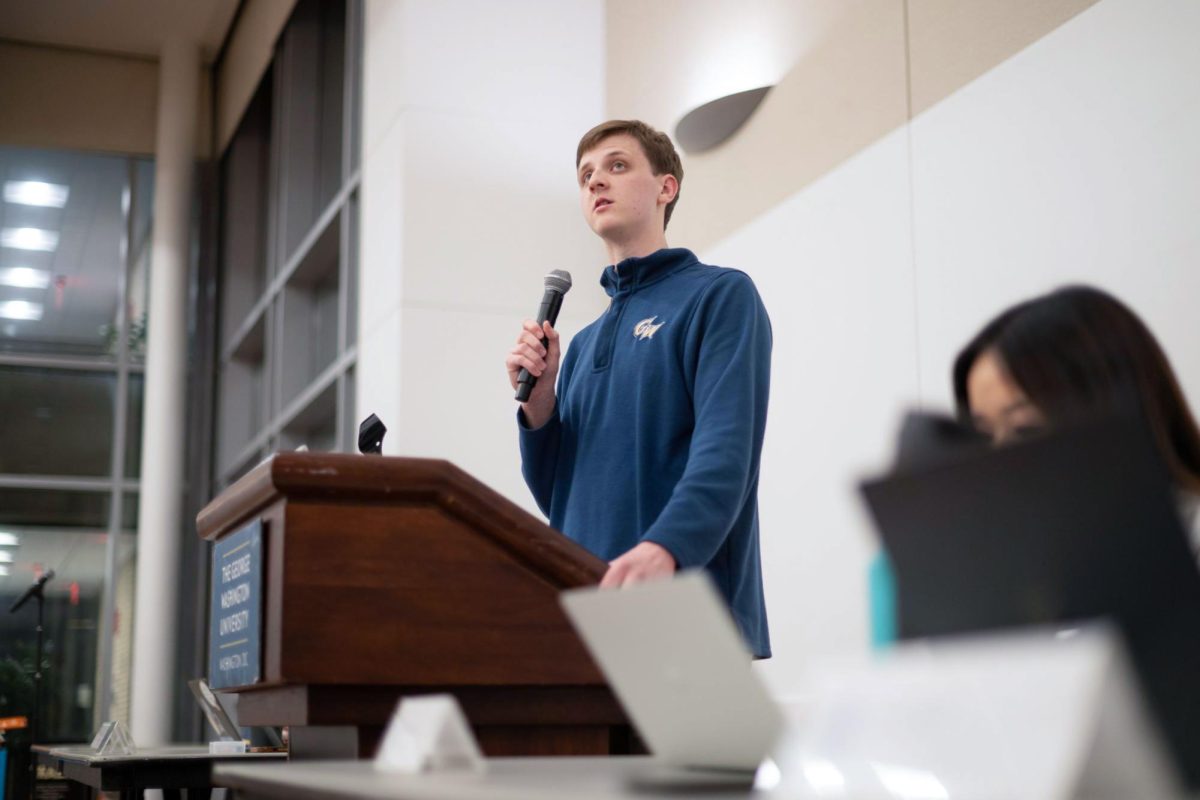The University scaled back study abroad programming ahead of the fall semester as the spread of the Delta variant continues to elevate COVID-19 cases across the globe.
University spokesperson Crystal Nosal said officials canceled GW Chile and the University’s provider and exchange programs, which rely on outside partners and organizations, only continuing GW-branded programs with limited activity because of the state of the pandemic. This fall will serve as the first semester with study abroad programming since the spring of 2020, when officials suspended all programs and non-essential travel for more than a year following the pandemic’s outbreak last March.
Nosal said officials canceled the program in Chile because of entry restrictions and other concerns tied to the pandemic but don’t expect any further adjustments for fall programs “unless conditions worsen.” COVID-19 cases surged toward record levels in Chile earlier this summer with nearly 9,000 new daily cases in early June, but positive tests have since plummeted to the lowest numbers since the start of the pandemic, with new daily cases dipping below 1,000 during the past week.
Nosal said University’s study programs and Global Bachelor’s Program – which will take place in Belfast, Northern Ireland this fall – will operate under full capacity, with 108 students currently enrolled.
She added that GW England drew the most applicants this fall, with 39 students attending six different institutions across the greater London area. She said Queen Mary, University of London and the School for Oriental and African Studies were the most popular with 13 and nine students set to attend, respectively.
The University plans to add exchange programs to its study abroad options this spring, continuing its study programs and Global Bachelor’s Program – which will take place in Shanghai, China, according to the Study Abroad Office’s website.
“Looking ahead to spring, we expect to expand our offerings and have already opened a subset of applications in GW Passport, in which students have already begun applying,” Nosal said. “We will continue to monitor health and safety conditions worldwide, and we expect the list to expand and fluctuate as we continue to progress through the fall semester.”
Nosal said the University may reduce, alter or cancel activities like trips, excursions, extracurriculars, internships, group meals and group workshops based on the pandemic’s conditions in each country this fall, which will dictate how each program will be run – potentially differently than during pre-pandemic years. She said precautions in host countries could include travel restrictions, group activities with social distancing and mask mandates and events or establishments that require proof of vaccination or a negative COVID-19 test.
The University requires all students to receive the COVID-19 vaccine to study abroad, the office’s website states.







